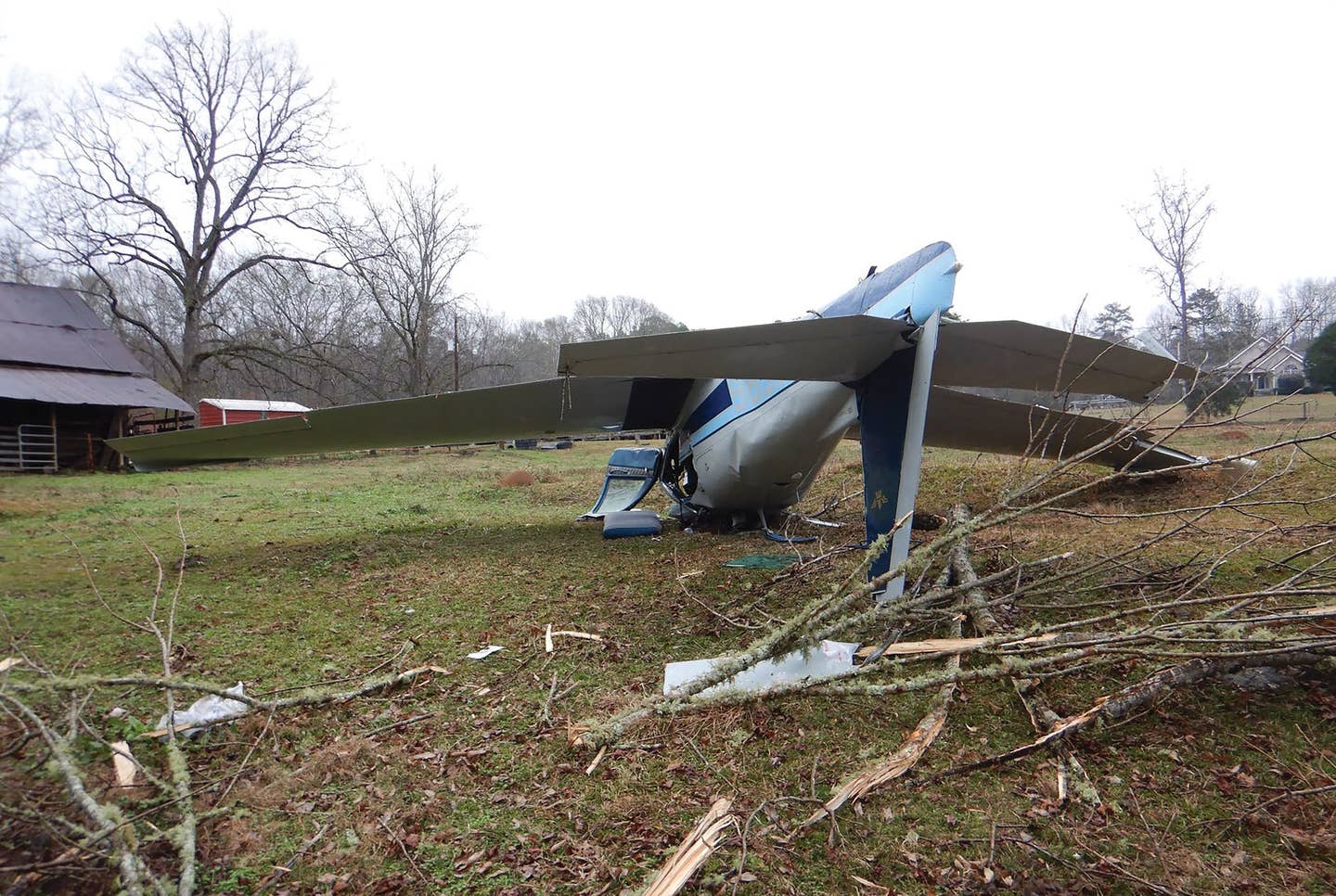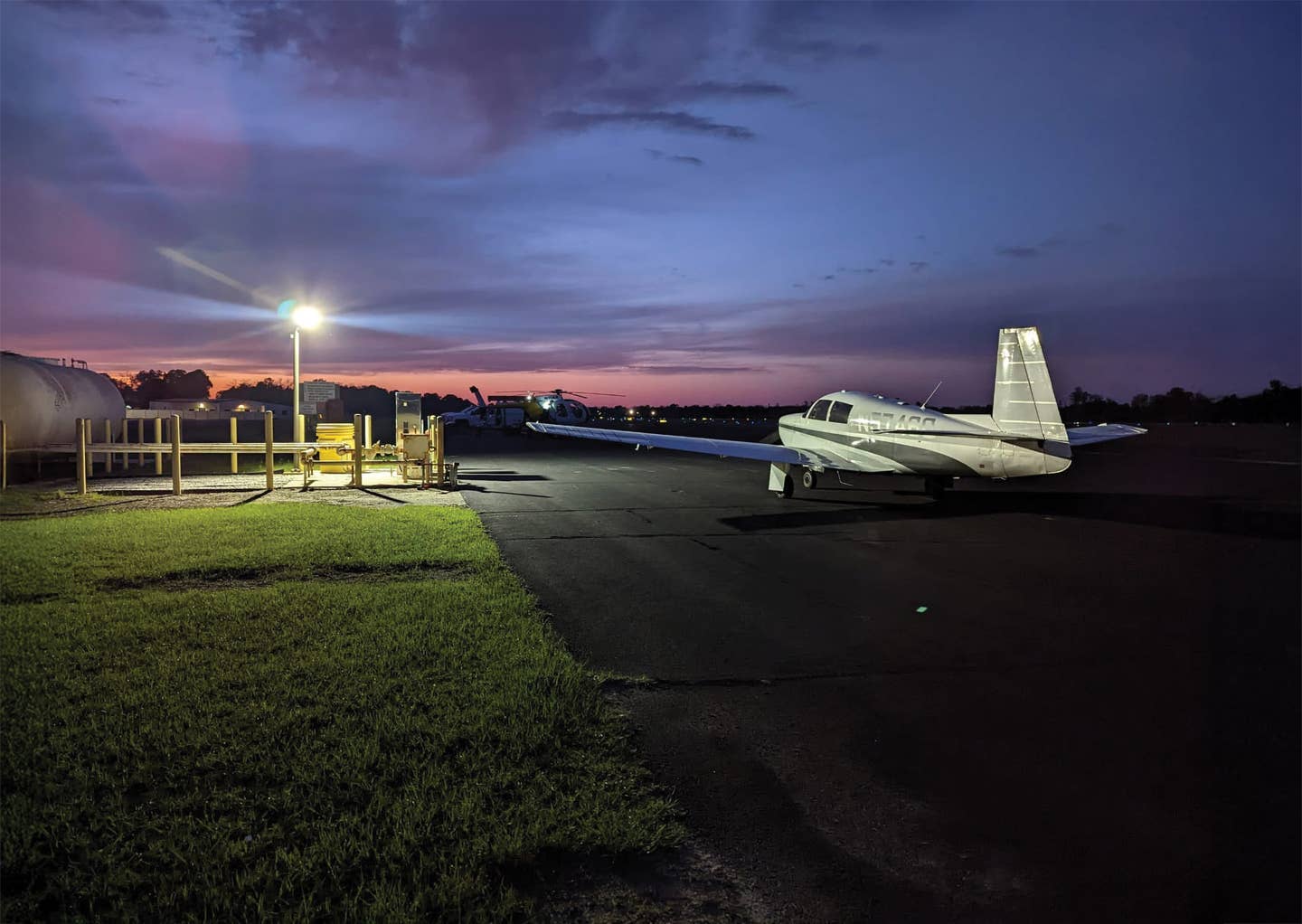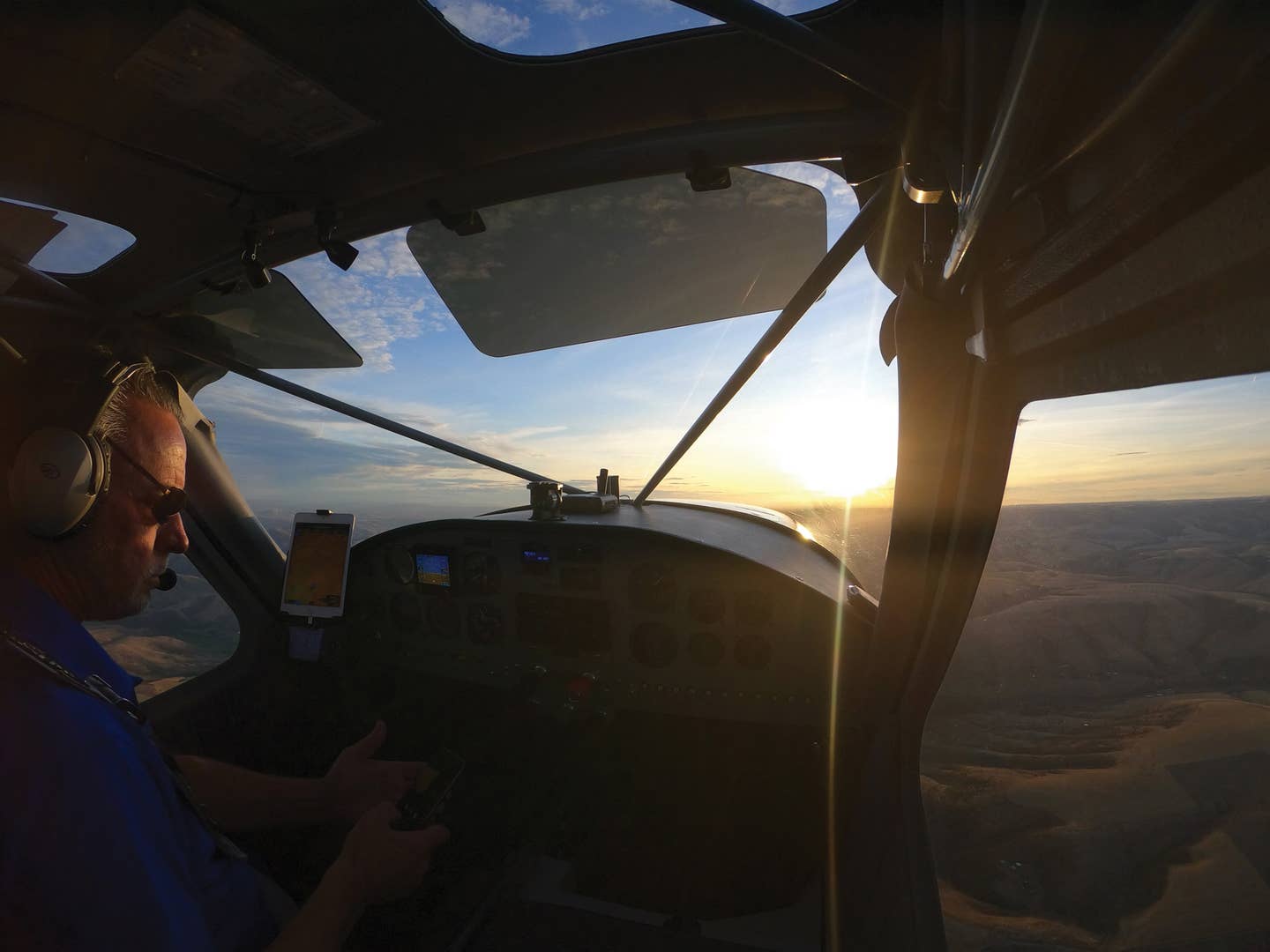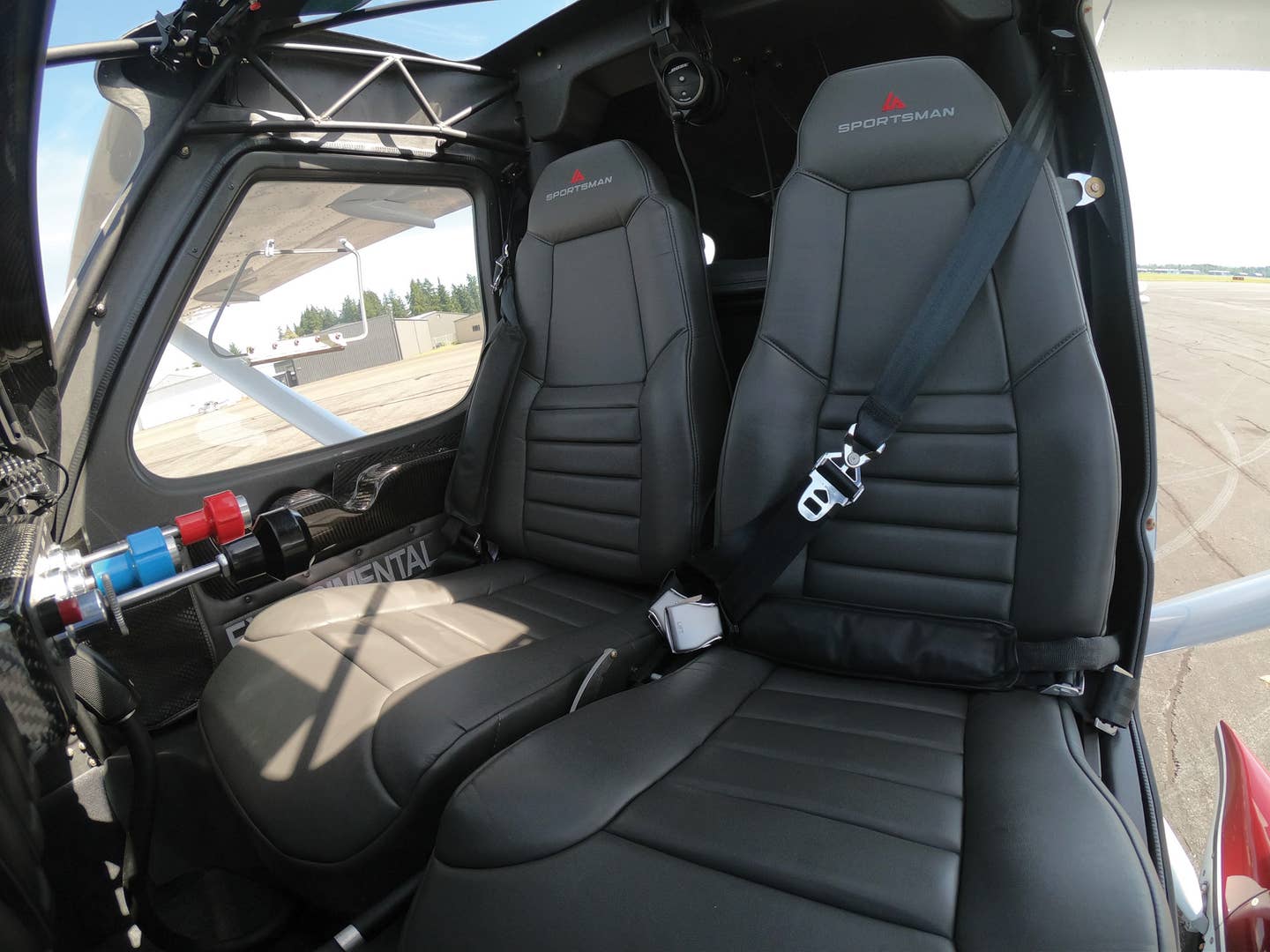Getting Pilots To Speak Up
Failing to say something when a fellow pilot is about to do something risky seems crazy, but it’s actually a well-known phenomenon.
Not long after I moved to the rural area where I now reside, an experienced pilot who lived just down the road from me departed from our local airport in his single-engine airplane with his 9-year-old daughter on board. The marine layer that visits the airport almost daily at that time of the year had yet to dissipate, and the experienced but non-instrument rated pilot must have been in a hurry, taking off in zero visibility. The flight lasted no more than a couple of minutes, because shortly after he departed, he, his young passenger and the crinkled airplane were found in the nearby riverbed.
Neither the knowledge of that accident nor my having attended the emotional funeral kept me from taking flying lessons a couple of years later and eventually receiving my own ticket. During one of my flying lessons, I was talking about that particular accident with my instructor, a grizzled misanthrope named Floyd who had been flying, he told me proudly, before the invention of steam gauges. Floyd revealed that he had been sitting in the local FBO the morning of the accident, and the pilot---who was well-known at the airport---had come in to chat with a few of the other pilots who were hanging around waiting for fog to dissipate. My neighbor told the pilots he was about to take off, and soon after he left, the remaining pilots in the FBO placed bets on whether he would make it. Floyd told me, with a sheepish grin, that he had won the bet.
Naively, I asked Floyd if anyone attempted to stop him. Floyd paused for a moment, looked at me quizzically, and said, "Of course not."
I understood how pilots did risky, and even stupid things, because pilots also happen to be humans. But I had a harder time understanding the tendency to sit by and do or say nothing when witnessing someone about to do something potentially harmful not just to themselves but also to a vulnerable child.
I imagine that, in all likelihood, I may well have said nothing in the same circumstance. Yet it bothered me enough that I continue to struggle with it today, now some 15 years later. Fortunately, there have been a slew of researchers who have been trying to understand the phenomenon they have come to call the "bystander effect." Stated simply, the bystander effect occurs when a person becomes less likely to intervene in a dangerous situation when in the company of others. The original research was sparked by the murder of Kitty Genovese in New York, in which dozens of people were alleged to have heard her cries for help and did nothing. After many years of diligent sleuthing, it turned out that, in fact, there had been many calls to the police, but the newspapers mistakenly reported otherwise, and the story caught on. Despite the inaccuracies of the news reports, the years of research that followed illuminated some interesting patterns.
When around others, people often experience a diffusion of responsibility. Each person might expect the other to intervene, so any one person is less likely to do so. Also, influenced by those around them, people look to their social group to determine the norms of behavior. If nobody intervenes, then that becomes the expectation.
My own impression of my fellow pilots is that we tend to be fairly rugged individualists. Most of us don't like to be told what to do or how to do it. It's a form of machismo, which is an understandable and maybe even necessary ingredient in being able to take the risks we do by simply stepping into a cockpit and opening the throttle. Confident in ourselves and our decision-making, we expect not to be interfered with or confronted. As members of the club, we'll grant other pilots the same respect and dignity in return and not question their decisions. This, I believe, is embedded in aviation culture and lends itself to not confronting others when we see that they are about to do something that places them and potentially others at risk.
Are you an aviation enthusiast or pilot? Sign up for our newsletter, full of tips, reviews and more!
Certainly, whether we speak up or not depends on how risky we believe the situation might be. In the case of taking off in zero visibility, most pilots will agree that it's a fairly simple thing to do, though one should never attempt to do so without being instrument rated and current. Just fix your eyes on the gauges and respond accordingly. But the problem, of course, is that each time we do something dangerous that works out fine, the behavior is reinforced, making it more likely that we'll do it again. Every time we talk on the cellphone while driving a car and don't get into an accident broadens the illusion that it's safe, so why not do it again?
If you believe that having a pilot certificate carries with it the responsibility to protect others, then relinquishing that responsibility may have painful consequences. Not long ago, I heard about a pilot whose airplane's engine failed at a critical moment, and the pilot was unable to gain control and perished. The odd thing about that incident wasn't that it happened but that people at his local airport had known that he had rarely done annuals, and his cowling and fuselage were often streaked with oil. Apparently, no one said anything to him. "Live and let live" may be a good philosophy, as long as one is willing to accept that sometimes doing so will result in "live and let die."
There doesn't need to be others in the vicinity in order to avoid confrontation. It can occur in the cockpit when a co-pilot yields to the authority of a more senior pilot or out of simply fearing the repercussions. The person engaging in "stupid" or excessively risky behavior may be someone we know, perhaps even closely, and in that case, confronting the person may risk damaging the friendship. In my decades of practice as a psychologist, I've found that one can say just about anything to another person if the intention behind doing so is caring. When we genuinely care, the recipient can sense it, and although they may not heed our warnings, they may appreciate them.
The irony behind the accident that claimed the lives of my neighbor and his daughter was that the pilot reportedly was on his way to another airport to take an instrument lesson. There's no way to know whether anything anyone could have said to him might have changed his decision not to wait out the morning fog. As I mentioned, I wasn't there and imagine I, too, would have remained silent. Perhaps that's why my intention is to speak up now whenever I can.

Subscribe to Our Newsletter
Get the latest Plane & Pilot Magazine stories delivered directly to your inbox






